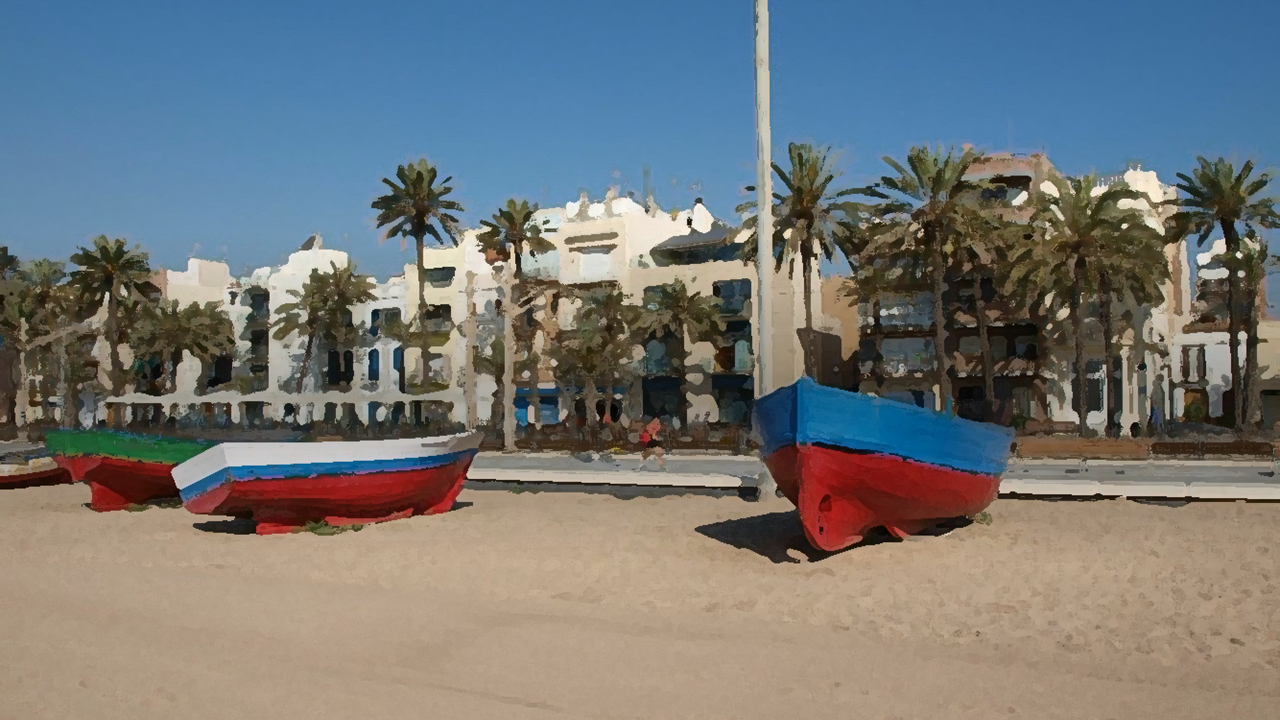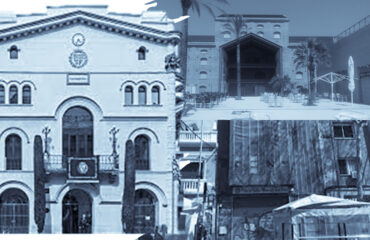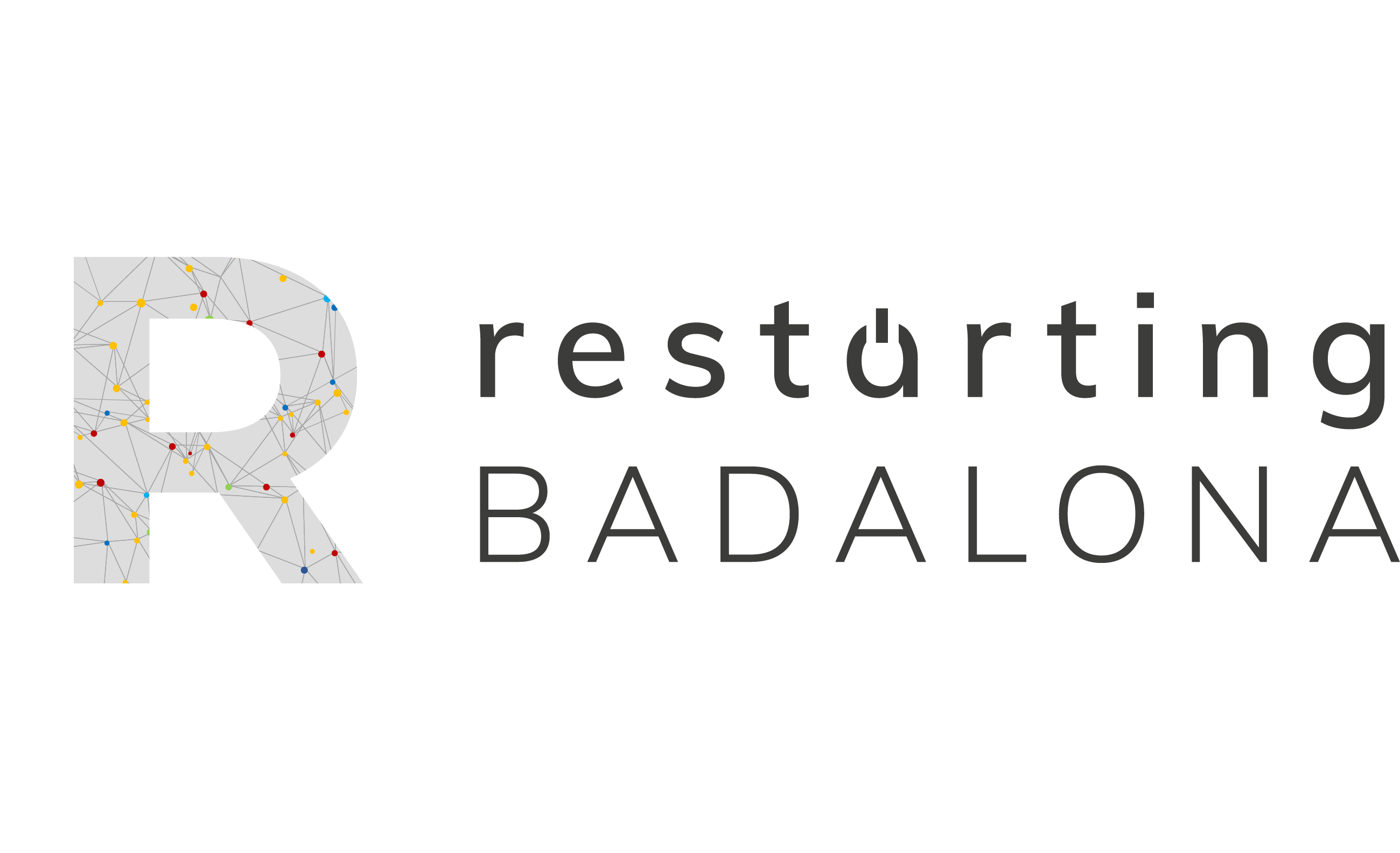
It is undeniable, states have monopolized the political arena and international relations for centuries. They are the highest and most powerful hierarchically organized territorial unit on the political scale. The states have a representative seat in the United Nations, they guard a central bank, they have the strength of an army and the power to enact laws, among many others.
However, the legal-formal status of the states and their sovereignty, that is, the consolidated gear that sustains them, should not dazzle when it comes to taking action from the municipalities. When it comes to being influential in economic stimulation initiatives and in public policy, it is necessary to assess whether an agent is capable of influencing events and also promoting them.
According to this premise, then, cities are important agents for various reasons. First, they are physical and concrete spaces where technology and economic activities materialize, where culture is created. Second, they are nodes of intersection from which ideas flow. Third, cities have a political apparatus, no matter how small. Fourth, people feel identified in the first instance, so that they are born, grow and know the resources to weave local collaboration networks.
In fact, cities have an older history than states; but since they are not sovereign agents, the states have overshadowed them. Currently, however, globalization has removed some physical barriers and has reinforced the role of cities on an international scale, facilitating what has been dubbed paradiplomacy. In the last decades, municipalities have often responded to global threats and processes with local initiatives in fields such as unemployment, housing, pollution or immigration. They have even positioned themselves on issues typically reserved for states such as human rights or denuclearization.
In the United States, since the 1980s, several cities have dubbed themselves sanctuary cities and have offered migrant people the assurance that they would not be deported there. At times, cities have used their local autonomy and challenged the state. A well-known case is the referendums for the independence of Catalonia promoted by several municipalities. In the United Kingdom, 17 cities belonging to the European Eurocities network published a statement on January 1, 2021 when Brexit became official in which they made public their intention to continue being part of the network and to continue cooperating at the European level, regardless your state’s decision to leave the European Union. Thus, cities have the capacity to mobilize resources, achieve objectives and influence other agents.
Badalona is a city of 220,000 inhabitants, therefore, not only can but must have the security of positioning itself: taking part in regional and global networks, identifying its assets such as geographical position, population volume, Can’s campus of excellence Ruti, the business area of Las Guixeres or Badalona Sur, the underused cultural heritage and making a positive impact with conviction. Did you know that the company that designs the assembly lines for Airbus aircraft has its headquarters and plant in Badalona? Did you know that San Jerónimo de la Murtra, founded in 1416, today offers a hostel service? Did you know that La Fura chose Badalona for its Épica Foundation, a multidisciplinary training space for the performing arts? Or that the Germans Trias i Pujol Institute participated in 99 competitive projects and 503 clinical trials generating almost 11 million euros in 2019?
The heartbeat of Barcelona as a capital must irrigate these opportunities and not be overshadowed until Badalona becomes a ghost town or dormitory. We must all have a commitment to our city so that it will prosper in accordance with its size. Schools and institutes have to teach students the capital of Badalonese. The City Council has to work on the positioning of the town at an institutional level. Badalonese citizens must speak of our city not only without regret but also with pride. Entrepreneurs must associate and collaborate, they must detect synergies, create clusters and undertake initiatives.
Because Badalona can be a brand and it is necessary that we all position it convincingly.
Minerva Estruch, member of the Associació Restarting Badalona



